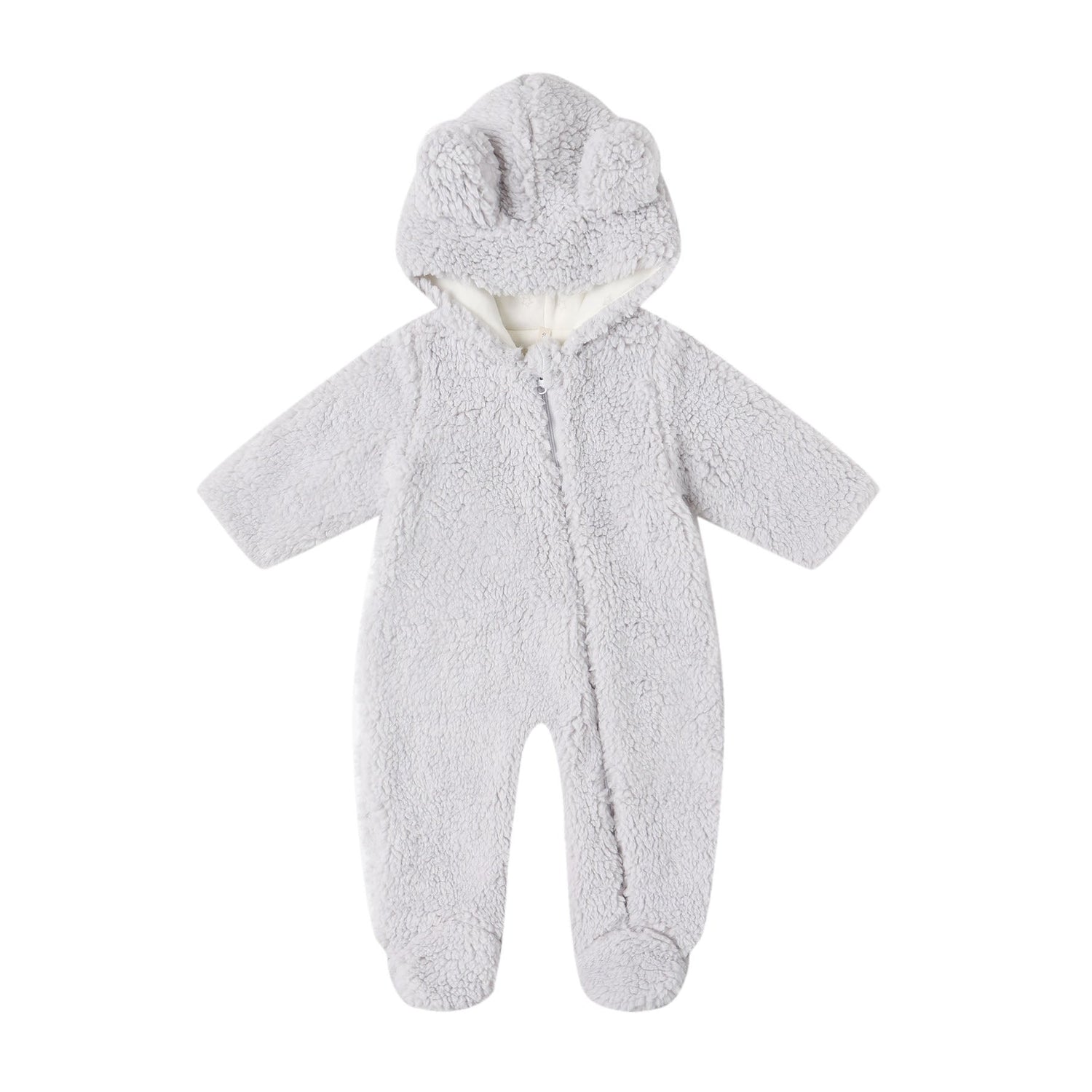Sunburns are all too common in the sunny summer months, and although prevention is the best medicine, it's important to know how to respond if your young child or baby gets a sunburn.
Prevent if Possible
When in the sun for extended periods, keep your child covered in clothing and/or sunblock of at least SPF 30. Infants can also use special infant-formulated sunblock, but the best policy is to keep their fair skin covered with hats and other clothing.
Clean and Treat the Skin
If your child is unfortunate enough to get a sunburn, here are the steps you should take to treat it, according to experts:
- Clean the skin gently in a soothing cool bath. Pat to dry.

- Apply water-based and alcohol-free moisturizing lotion to relieve any itching. Avoid oils petroleum-based products that will prevent heat from escaping.
- Offer your child plenty of fluids to rehydrate them and his/her skin.
- If the skin is still irritated, apply cool compresses of a soaked clean washcloth for about ten minutes several times a day.
- If your child is still in pain, give him/her a correct dose of children's Tylenol or Ibuprofen to ease the pain.
- Dress them in loose clothing that won't irritate the damaged skin, and keep them out of the sun until the burn is completely gone.
If your baby is younger than a year old and has a sunburn, call your pediatrician. Babies have very sensitive skin and often are too young for sunblock and/or pain relieving medication, so it's important to keep a close watch on sunburned infants.
Avoid Creams, Sprays, and Ointments
Other than the simple moisturizing lotion mentioned above, the only other safe product to put on a sunburn is pure aloe vera gel that's free of dyes and alcohol. Also, avoid any first-aid sprays, as these products often contain benzocaine, which can irritate your child's skin and even cause harmful allergic reactions.
If the sunburn is severe enough that blisters develop, do not pop them. Popping blisters leaves an open wound that can lead to infection. Instead, apply a light layer of antibiotic ointment and a nonstick dressing. Leave the blister alone until it heals; do not trim dead skin.






